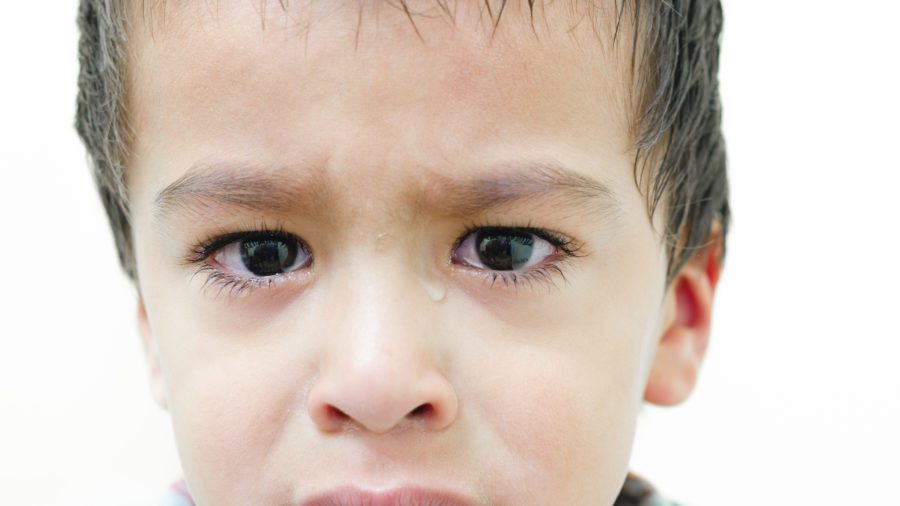Grief can be difficult for children, particularly during the holiday season. The Watson Institute recognizes Children’s Grief Awareness Day, which seeks to bring attention to the fact that support and grief counseling for children can often make a positive impact in the life of a child grieving a loss.
At Watson, we provide comprehensive psychological services for children with special needs and all abilities, including grief counseling for children and adolescents. Whitney Menarcheck, a licensed outpatient therapist at Watson, is sharing her expert advice to help families support their child as they grieve.
How do I tell me child about a death?
Find a calm, quiet environment. Provide them with the basics and let them ask questions. Use concrete terms, not vague comments such as “on vacation” or “went away”. Use words appropriate for the child’s age.
Do I take my child to the funeral? If so, how do I prepare?
Explain to the child what the funeral will be like, who will be there, what they will see (people crying, how the body will look), etc. Then, give them the choice of going or not going. If possible, have a back up plan so if the child gets uncomfortable, there is a loved one available to take them home, to another place, or another room.
How do I help my child with his/her grief?
One of the best ways to help your child cope with their feelings is to be a role model with your own grief. Let them know it is okay to be sad, mad, scared or whatever feeling they are having. It’s okay to cry in front of your child. This will help them understand that it’s okay for them to cry too.
What can I do to help my child through the holidays when they’re grieving?
Acknowledge the absence of the loved one. Let your child know that you too wish the loved one were here to celebrate the holidays. Talk to your child about their memories of past holidays with the loved one. Give your child the opportunity to think of a way to include the lost loved one in the holiday celebrations and let them know it’s okay to be happy and enjoy the holidays.
I heard there are stages for grief, what are they?
The idea that there are stages for grief is a common misconception. Each person’s grief is different and cannot be compared to another’s. There are no stages, checklists or timelines for children and grief. Grief is a fluid experience that changes and can repeat previously experienced feelings. Holding oneself or a child to certain expectations for grief will likely cause anxiety.
What are some common behaviors and actions by children who are grieving?
Your grieving child may ask questions about the death and life after death; attempt to make others happy; exhibit lower frustration tolerance and increased anger; show loss of interest in previously enjoyed activities; change in appetite; hypervigilance and possible fixation on the last interaction your child had with the person who died. A grieving child may talk about the loss frequently or they may not want to talk about it at all. They may need reassurance or attention from adults and have concerns about their own safety and the safety of their loved ones.
Do I need to take my child/teen to a grief counselor?
If you child seems to be significantly more depress than you would have expected, or their symptoms remain for several months after the death, then it would be beneficial to schedule an appointment with a grief counselor to make sure there isn’t more going on. There are professional child grief counseling services available. At the Watson Institute, child grief counseling is offered year round through the outpatient Psychological Services Department. Individual and family therapy sessions can help to address the child’s grief and provide way to cope with the loss.
